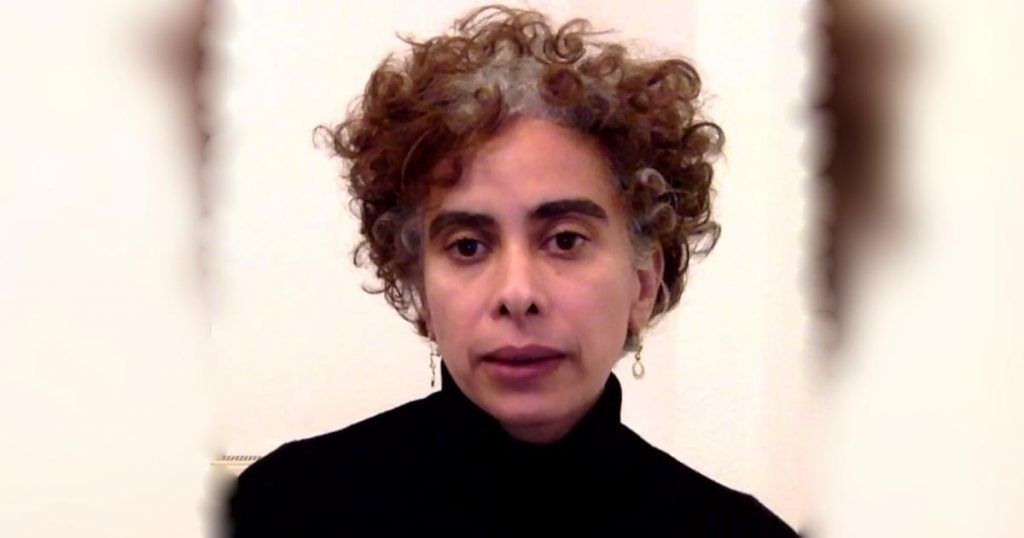Literature, for centuries, has played a pivotal role in denouncing wars and promoting peace. This could be for the simple reason that poets, novelists and playwrights have a special type of human kindness in abundant measure to portray with empathy the predicament of man in all circumstances, especially when struggling against heavy odds. Also, one of the purposes of literature is to encourage understanding and dialogue between cultures. But, the biggest book fair of the world, the Frankfurt Book Fair, has let the world of liberal arts and literature down by not allowing a leading Palestinian novelist, Adania Shibli, to take part in one of its events, while it has officially announced its decision to prominently project Israel’s cause and its writers at the fair this time around. It was expected that at a time of horrific massacres and violence in Israel, Gaza Strip and West Bank the world’s biggest book fair would champion literary voices from both Palestine and Israel. But, it seems to have deliberately chosen to shut the voice of one side of the conflict in what may seem to some as a partisan decision.
This has resulted in triggering of condemnation by over 1300 prominent authors, including Nobel laureates, and publishers from around the world. They have accused the Frankfurt Book Fair of “shutting down” Palestinian voices, after an awards ceremony to honour a novel by Shibili was called off due to the ongoing war in Israel. This shutting down of Palestinian voices is understandable as a German response. Germany, as a nation, has the terrible history of the Holocaust of the last century to deal with. They obviously do not wish to be counted as anti Semitic at this juncture of the Israel-Palestine conflict.
The Palestine-born novelist and essayist divides her time between Berlin and Jerusalem and is well known as much in Germany as in the Arab world. She was to be awarded the 2023 LiTeraturpreis on October 20. This is an annual prize given to female writers from Africa, Asia, Latin America and the Arab world. However, shortly before the programme the LitProm Association, which hands over the prize, announced it would postpone the award ceremony “due to the war started by Hamas, under which millions of people in Israel and Palestine are suffering.”
In its original announcement, LitProm said it had taken the step to postpone the award as a “joint decision” with the author. But Shibli’s literary agency rubbished the claim stating that the decision had not been made with the author’s consent. In fact, the agency clarified had the ceremony been held, she would have taken the opportunity to reflect on the role of literature in these cruel and painful times.
The immediate reaction to the denial of opportunity to Shibli was an open letter, signed by several hundred authors, including the Irish novelist Colm Tóibín, the American-Libyan Pulitzer winner Hisham Matar, the British-Pakistani novelist Kamila Shamsie and the British historian William Dalrymple. They have admonished the organisers of the book fair and said it has a responsibility for creating spaces for Palestinian writers to share their thoughts, feelings, reflections on literature through these terrible, cruel times, not shutting them down.
The sympathy of the West for Israel following the dastardly attack by Hamas is understandable, though it has always been coloured by prejudices against the Palestinians since the birth of Israel. Shibli’s novel, Minor Detail, published in English in 2020, was hailed by LitProm as a “rigorously composed work of art that tells of the power of borders and what violent conflicts do to and with people.” The novel was also nominated in the US for the National Book Awards as well as the International Book Awards. It juxtaposes the true story of the 1949 rape and murder of a Bedouin girl at the hands of an Israeli army unit with the fictional story of a female journalist investigating the crime in Ramallah decades later.
It kicked up a controversy in Germany as some critics found it too anti-Semitic. At the same time many literary critics have said the portrayal of Israeli soldiers is merely consistent with Shibli’s detached literary style, which harked back to Albert Camus’ The Stranger.
War-mongers and politicians would like to perpetuate the Israel-Palestine conflict, whereas litterateurs and other creative artistes work for presenting the stark reality so as to end sufferings. Cancelling cultural events like the one at the Frankfurt Book Fair is not the way forward. This is particularly painful for the cause of Palestine since the same book fair has in the past supported Turkish publishers and gave an opportunity to Ukrainian president Volodymyr Zelenskyy who spoke to the fair in a pre-recorded address last year to denounce Russia’s invasion of his country. The Frankfurt Book Fair decision may have sullied its reputation as a promoter of liberal pursuits but the reasons behind the decision are not unknown.
